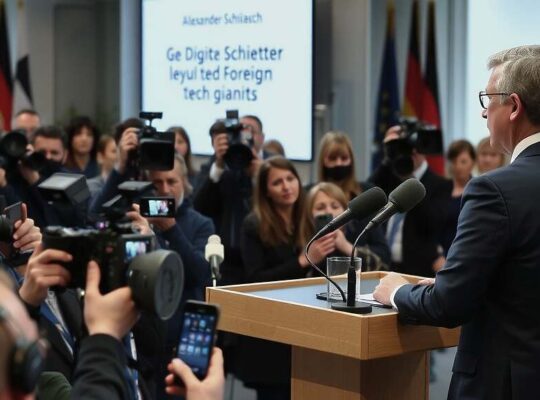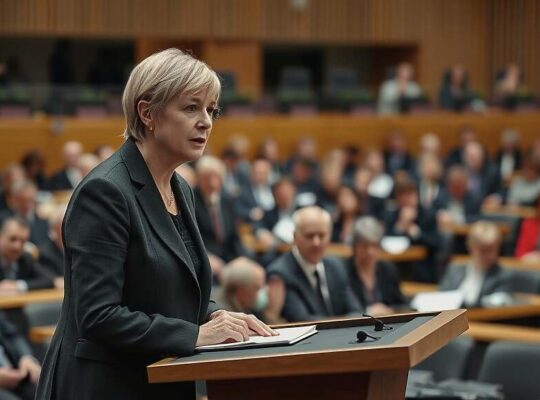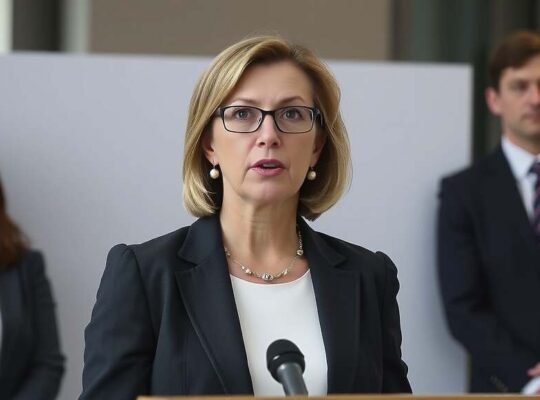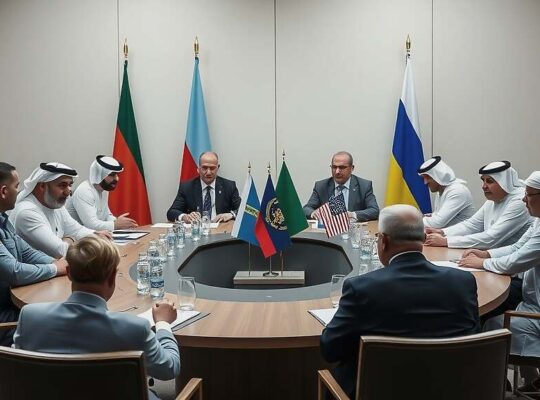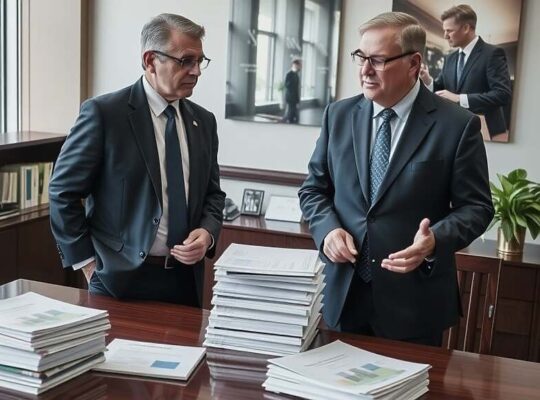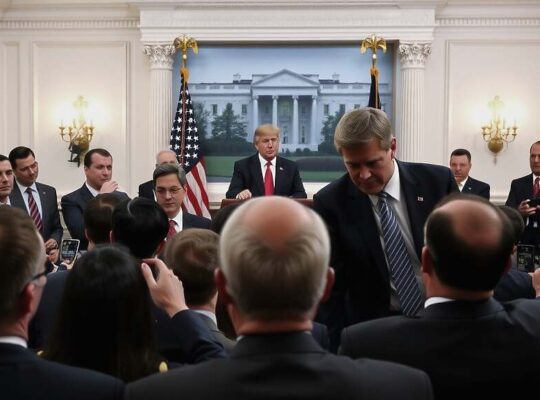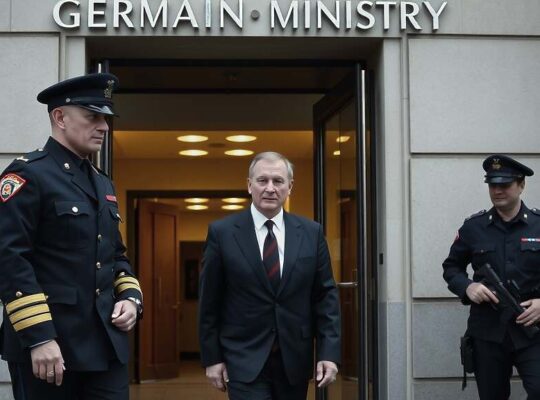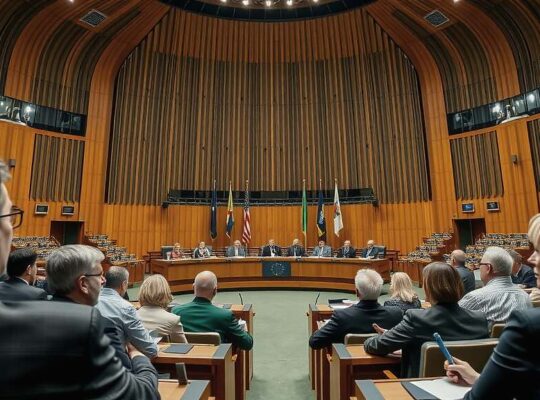The head of the German Red Cross, Gerda Hasselfeldt, has publicly urged Defense Minister Boris Pistorius to incorporate information regarding social service options within correspondence directed toward young people considering military service. This suggestion, articulated to the Redaktionsnetzwerk Deutschland, reflects a broader and increasingly complex debate surrounding national service and civic engagement in Germany.
Hasselfeldt’s call isn’t a direct endorsement of mandatory national service, an idea gaining traction within segments of the political spectrum, particularly within the Green Party, which recently advocated for its implementation at their upcoming November conference. Instead, she voices skepticism regarding the logistical and financial burdens of such a sweeping and potentially bureaucratic undertaking. Concerns around legal risks and the feasibility of rapid implementation also weigh heavily in her assessment.
The impetus for this discussion stems from a recognition of evolving societal challenges. Hasselfeldt highlights the pressing concerns of an aging population, the increasing frequency and intensity of natural disasters and the broader need to bolster Germany’s resilience, including preparedness for potential armed conflict. She argues that addressing these requires a “significantly increased level of societal engagement” a sentiment echoed by supporters of a formalized civic year program.
However, Hasselfeldt proposes a more nuanced approach – strengthening existing voluntary service programs as a more immediate and achievable pathway to expanding civic participation. She acknowledges that pay and recognition for these existing services remain inadequate, hindering broader appeal and effectively limiting their impact.
The push for a standardized civic year, along with Hasselfeldt’s alternative proposal for strengthening voluntary initiatives, underscores a growing recognition within German political circles that a fundamental reassessment of the nation’s resilience and the engagement of its citizenry is urgently required, even while deep divisions remain on the optimal route forward. This evolving debate highlights a potential shift in priorities as Germany grapples with an increasingly uncertain future.




